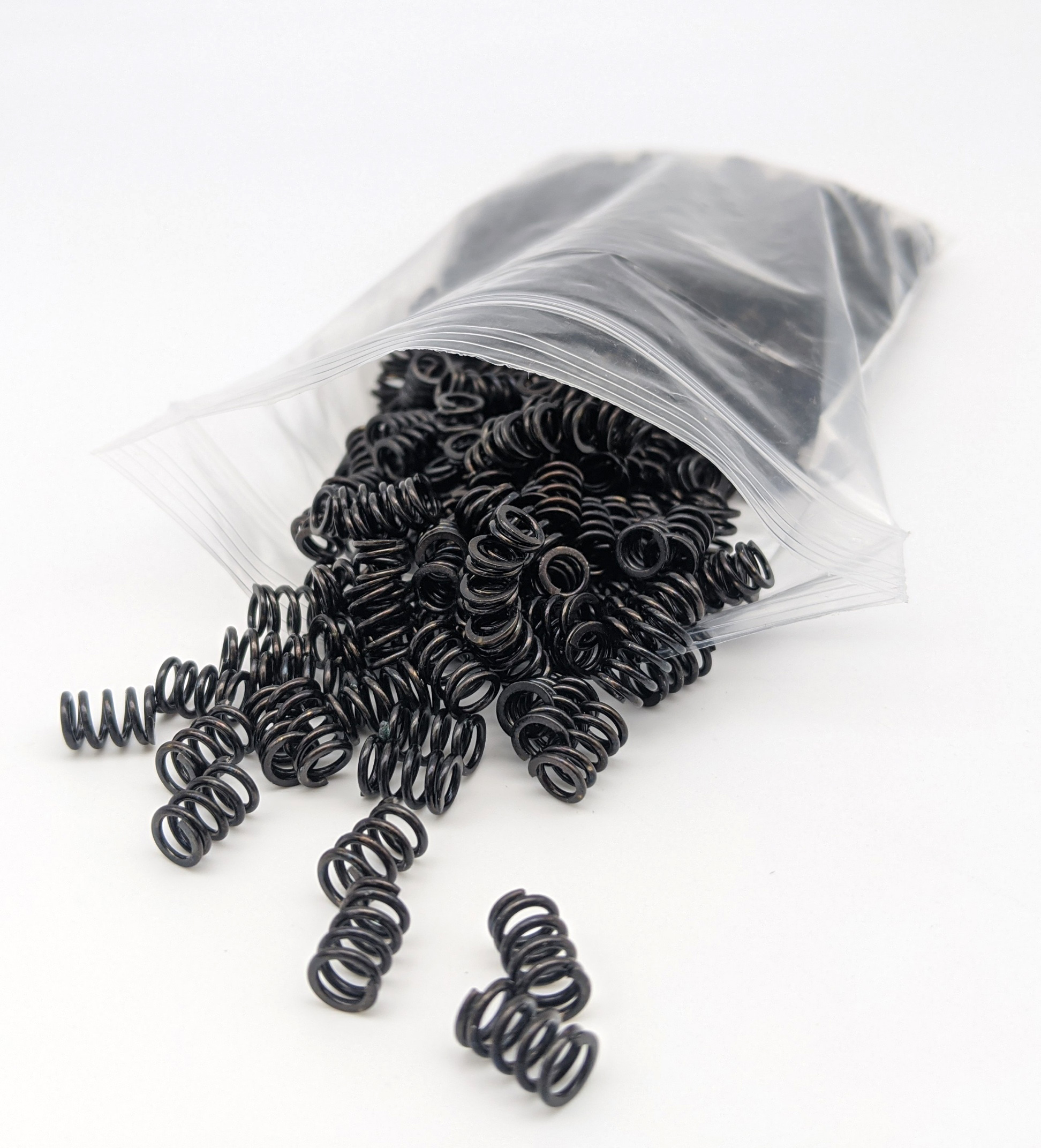Get unique, complex parts easily. No matter your requirements, Chaoyi Spring creates hard-to-produce coil springs and wire forms.
Let us help you create the custom wire form you need, from S-hooks and J-hooks to utility hooks and more.
We work closely with customers across a wide range of industries, helping them design and manufacture made-to-order parts.
Why choose Chaoyi Spring? We prioritize customer-focused collaboration, modern equipment and the latest technology to make your parts per print.
Find the information and guidance you need, from measuring a spring to learning about materials, placing an order and much more.
When it comes to garage door springs, two main types dominate the market: torsion springs and tension springs. Both serve the same purpose – to counterbalance the weight of the


When it comes to garage door springs, two main types dominate the market: torsion springs and tension springs. Both serve the same purpose – to counterbalance the weight of the door, making it easier to open and close. However, they operate in vastly different ways, leading to distinct advantages and disadvantages for each type. Understanding these differences can help you make an informed decision when choosing the right spring for your garage door.

Torsion springs, as their name suggests, work by twisting. They're typically found above the garage door, mounted on a shaft. When you open the door, the springs unwind, storing energy. As you close the door, the springs wind up, returning that energy to lift the door. This design results in a smooth, effortless operation, and because they are located above the door, they are less visible than tension springs.
Torsion springs have several key advantages that make them a popular choice for garage door systems:
Tension springs, on the other hand, are located on either side of the garage door, typically attached to the track. They work by extending and retracting, utilizing the force of tension to counterbalance the door's weight. While simpler in design and often more affordable than torsion springs, they may not be suitable for all situations.
Tension springs come with their own set of pros and cons:
So, how do you decide which type of spring is right for your garage door? The answer lies in considering several factors:
Ultimately, the decision comes down to balancing your specific needs with the advantages and disadvantages of each type. If you're seeking a powerful, durable, and smooth-operating system for your garage door, torsion springs are the way to go. If you're on a tighter budget and are comfortable with a slightly less refined operation, tension springs might be an adequate solution. No matter which type you choose, always prioritize safety and seek professional assistance when it comes to garage door spring installation and maintenance. A properly functioning garage door is an essential part of home security and convenience, so don't take any chances with its crucial components.
Remember, this information serves as a guide to understanding the differences between torsion and tension springs. Always consult with a qualified garage door professional for personalized advice and installation services. They can help you determine the best spring type for your specific garage door, ensuring optimal performance and safety.
Browse some of the custom wire forms and springs that we manufacture. Don’t see what you need? We specialize in made-to-order products that meet your application requirements.
Visit Our GalleryNeed a custom wire form or coil spring? We make it work. Fill out the contact form and a representative will respond within 1 business day. If you have a PDF or CAD file, you can submit to request a quote.